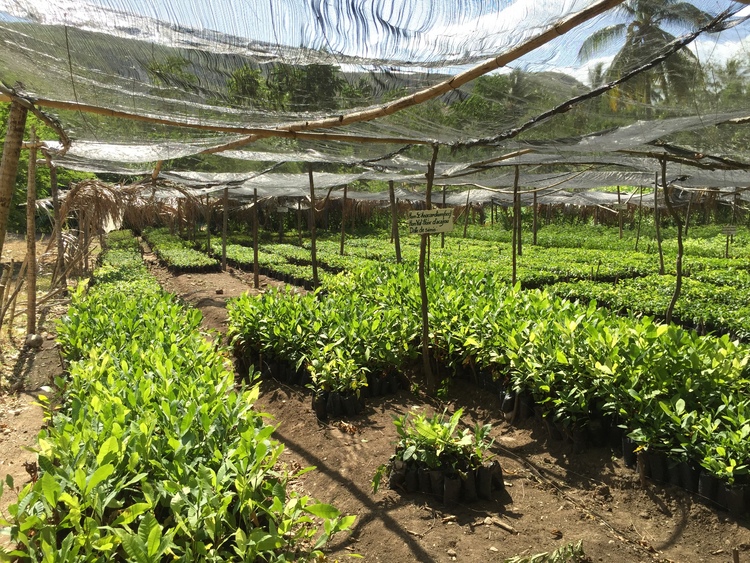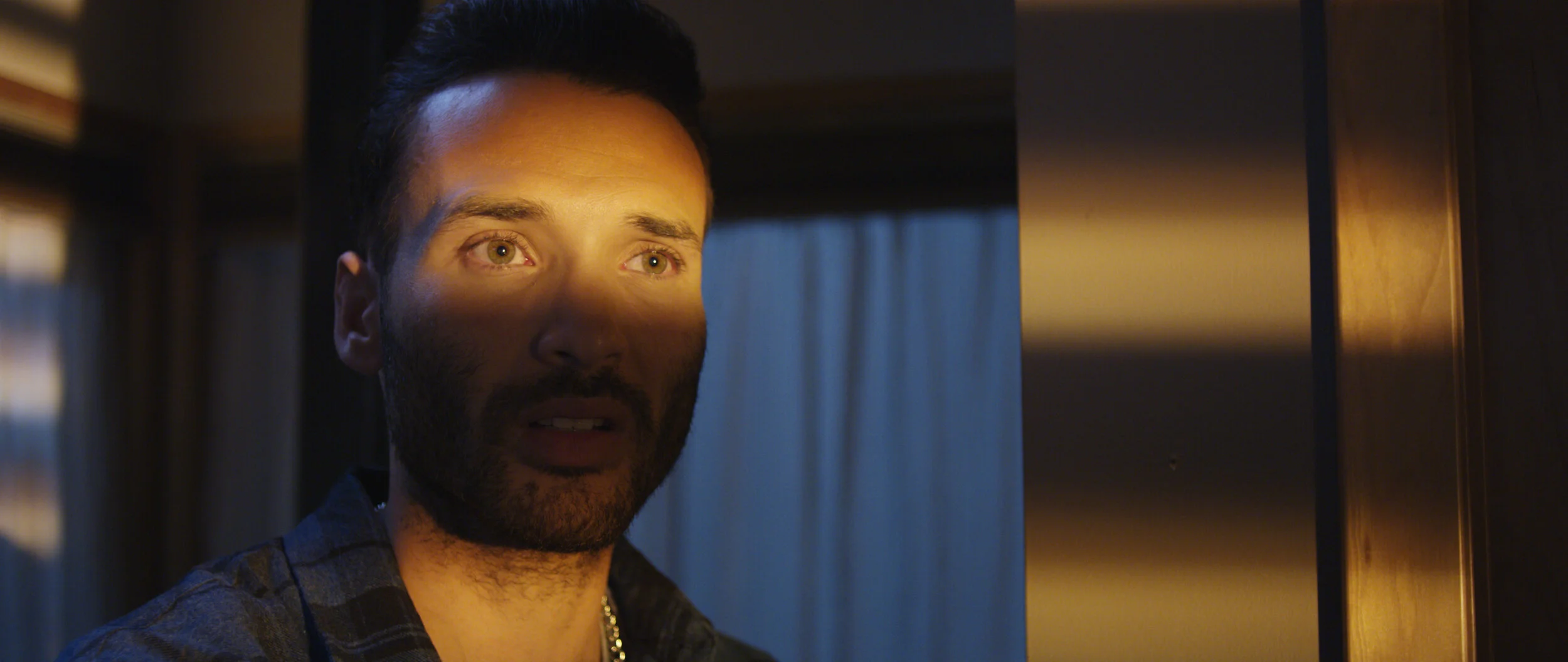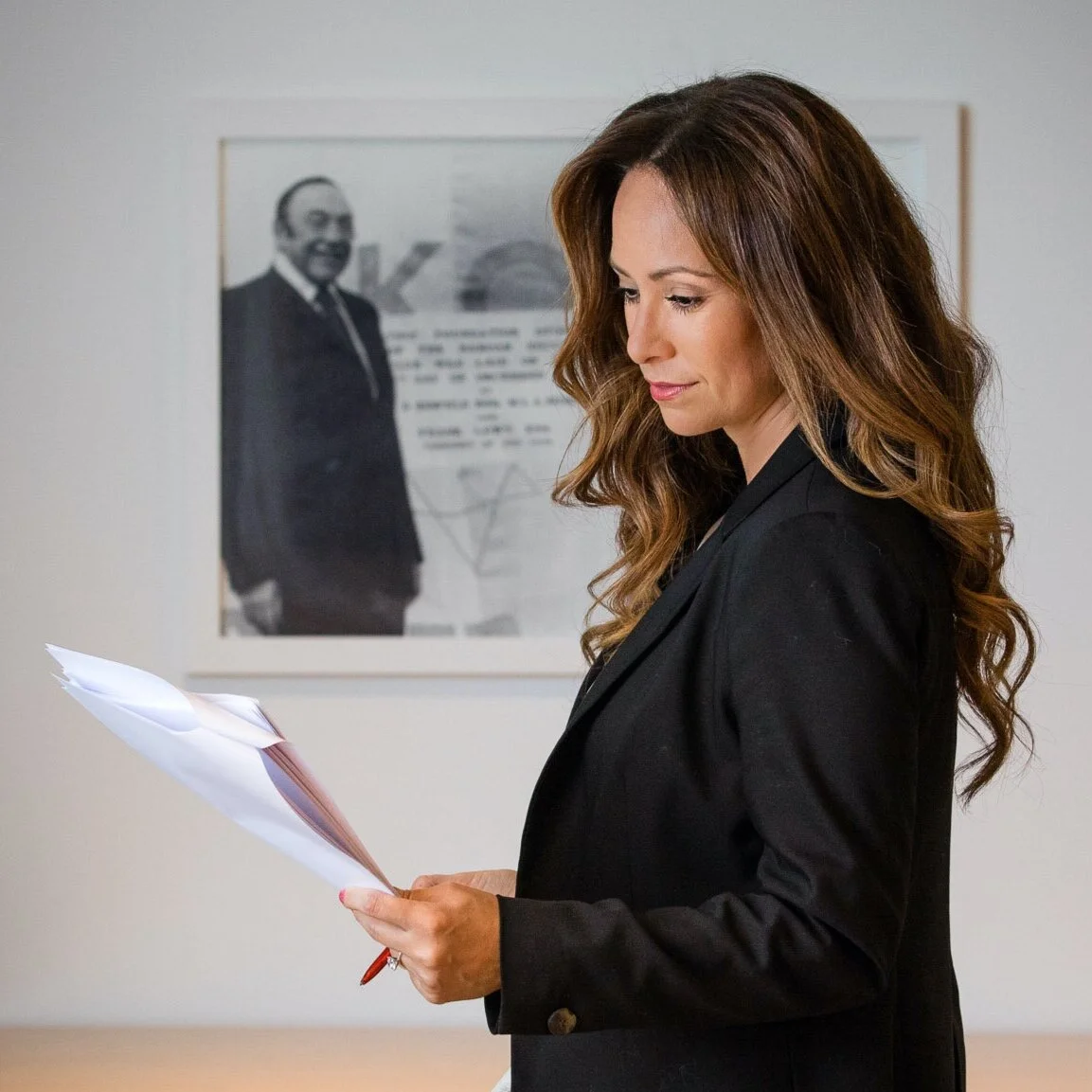Living underwater fosters a profound respect for marine ecosystems, and the SeaPod serves as a model for how humanity can coexist with the ocean in harmony. The Sea pod serves as more than just a living space; it acts as a habitat for marine life. By introducing structures that attract fish, corals, and other sea life, the Seapod transforms barren under water areas into thriving eco-systems ,enhancing bio diversity.
'Another Love Story' Emerges From Deep Tragedy; Isadora Ortega
Another Love Story is a deeply personal project for Isadora Ortega. The film was inspired by the tragic loss of her childhood friend to domestic violence, and it aims to not only raise awareness but to drive change in the legal framework surrounding domestic abuse prevention. For her moving portrayal in this film, Isadora was honored with the Best Actress award at the New York International Film Awards. She tells us more in this one on one interview. LETS READ… trigger warning.
Young Ari Lopez Leads Meaningful Purpose In 'City of Dreams'
Meet the young lead actor of ‘City of Dreams’ Ari Lopez, who speaks to us about his current project and the future of his young but bright career. As the world discovers him, he is also discovering himself right before our eyes. As we look at this talent grow, let us not look the other way on the global issue of human trafficking.
The Global Veteran Consumer: Cause Meets Luxury
Acknowledging the different voices of veterans in a unifying message is key. Veterans like the rest of the world are dynamic in culture and sexual orientation. In essence, keeping LGBTQ, women and diverse groups in mind, while serving them and marketing to them, is of high importance.
Juan Pablo Di Pace: DUINO Was An Answer To 'What Am I Doing
When college-age Matías attended an international school on Italy’s Adriatic Coast, he fell passionately into the world (if not always the arms) of his eclectic classmates, most memorably a live-wire Swedish rebel-prince named Alexander. Now decades later, as a filmmaker, he is trying to recapture the world — and love — he lost, by making a film about his past. The Film is writer/co-director by Juan Pablo Di Pace (who plays older Matía, and as an actor starred in Frameline47’s The Mattachine Family) draws on his own life for this film. While Duino starts in the present day, the flashbacks to Matías’ college years in Italy gradually take over, and we see what has so captivated and obsessed Matías for decades: the energy and promise of young lives, the unrequited yearning for a just-out-of-reach lover… these are memories that will both inspire and haunt the young filmmaker and give Duino a delicious and sexy poignancy. Executive produced by the late television legend Norman Lear (All in the Family; Maude) and Brent Miller (One Day at a Time), Duino also stars newcomer Santiago Madrussan, August Wittgenstein (Das Boot), Krista Kosonen (Tove), and Jóhannes Haukur Jóhannesson (Succession).
Dining with Dogs: Manners at the Outdoor Café
Taking your furry friend to an outdoor café can be a delightful experience, but ensuring your dog is well-behaved is essential to make the outing enjoyable for everyone. Here’s a friendly guide to help you prepare your dog for dining in public spaces, ensuring they have the best manners around!
Understanding Concurring Mental Health Equity Allows Highest Level Of Health
The therapy I was initially taught was tailored to a standard American lifestyle. My own experiences were not represented, and I couldn't help but feel others from minority communities might feel the same way. I knew once I began my journey as a Mental Health provider that cultural humility and cultural competence would be necessary to gain your client's trust. There is no effective treatment plan without trust. I began to wonder if there are any changes we can incorporate in our studies to no longer oppress people of diverse backgrounds because trauma is as complex as the perspectives of our client's cultural and linguistic identities. Therefore, our psychological studies are sometimes inadequate for our BIPOC communities due to the complexity of our cultures.
Fur Is Back In Luxury, Not In The Way You Think
In a new era of luxury meets cause. The obsession with fur is far from removed, it has simply evolved into ownership of the beautiful pets who grow it. There is a desire to give furry companions the opportunity for a life worth living.
Ernesto Reyes Hopes 'LUZ' Shows Love Is The Only Answer
Ernesto Reyes Hopes 'LUZ' Shows Love Is The Only Answer
A 30 Day Vegan Meal Plan Crafted By Eddie Garza
We catch up with Chef Eddie Garza, a plant-based chef, cookbook author, and Program Manager of Food & Nutrition The Humane Society of the United States.




















